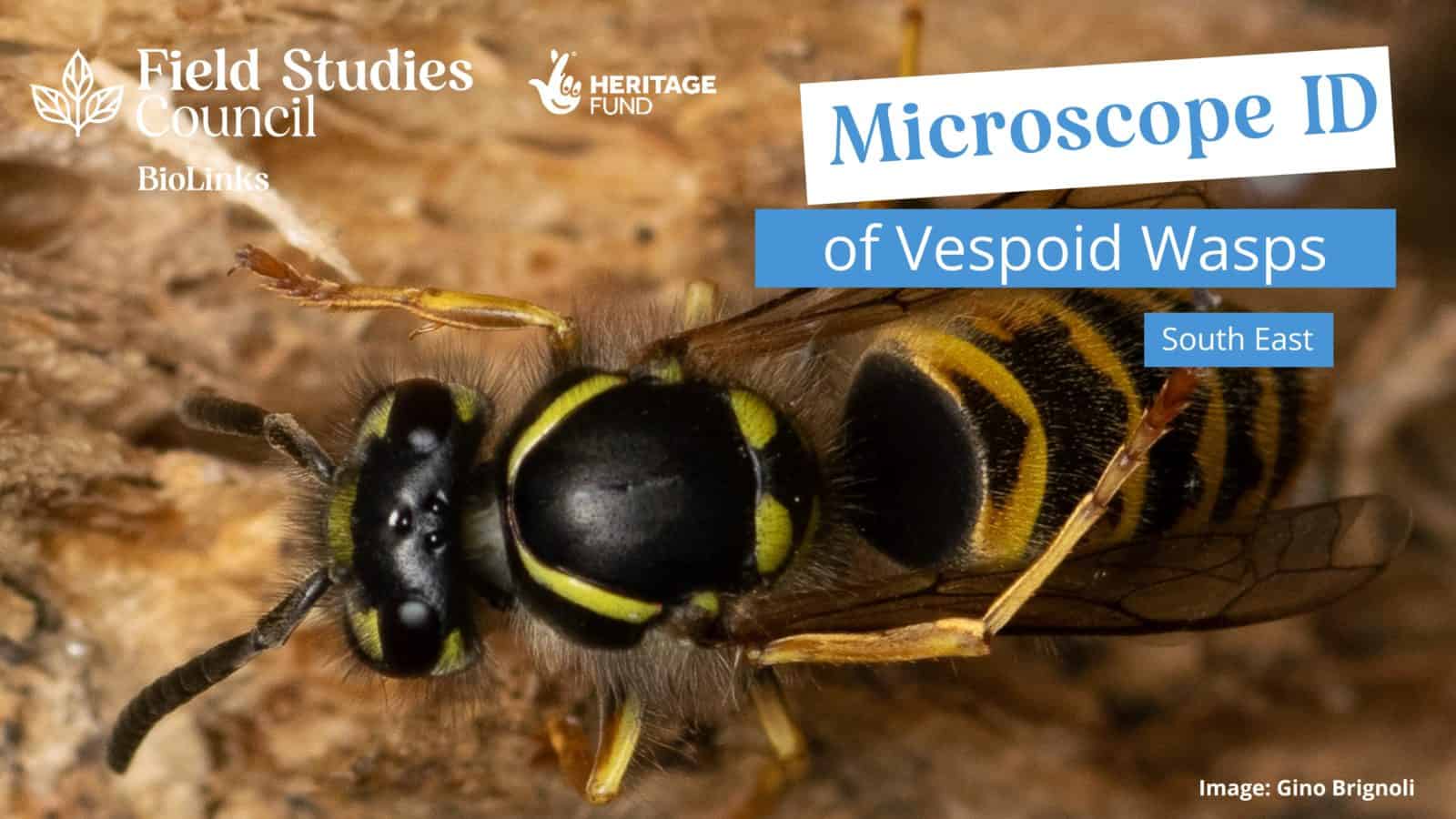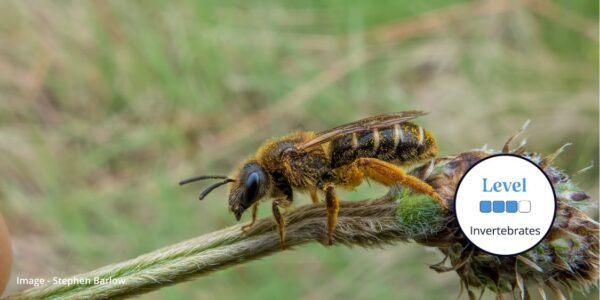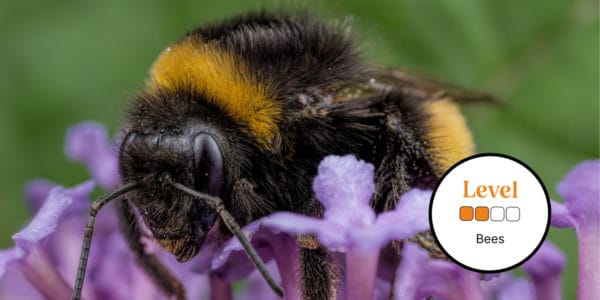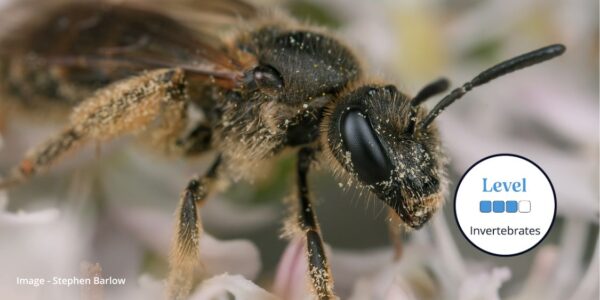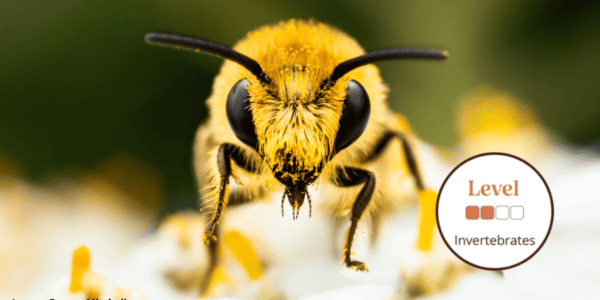The social wasps most familiar to us, sometimes called yellowjackets, belong to the superfamily Vespoidea. This group is however far more varied than one might expect with around 50 species recorded in Britain. Join our expert wasp tutor to capture, examine and identify vespoid wasps to species by examining key morphological characters in the field and under a microscope.
This course marries classroom-led learning and outside learning opportunities led by a specialist tutor to give learners the skills to be able to identify distinctive species of social wasp in the field.
- Certificate upon course completion.
- Please email [email protected] if you have any questions.
- This course is limited to the identification of distinctive species that can be identified in the field.
This course is aimed at adults only and course attendees must be at least 18 years old in order to attend.
What will be covered during this course?
- An introduction to vespoid wasp classification and how their morphology and ecology are interconnected.
- Identification of distinctive species of vespoid wasp using a hand lens and field characters.
- Capture and handling of live specimens using an aerial net under the instruction and supervision of the expert tutor & FSC BioLinks staff.
- Support from a specialist wasp tutor when practicing field identification techniques.
- Examination of preserved specimens using a microscope.
- Guidance on how to take your interest further.
See the ‘Example Timetable’, ‘What’s Included’ and ‘Before You Attend’ sections below for more information about this course.
Course Fees
Regular Price: £75 For professionals and residents outside of the UK. Select ‘Attendee: In Person’ Sold Out
Subsidised Price: £10 Subsidised by the FSC BioLinks project for non-professionals eg. volunteers, biological recorders, wildlife gardeners, amateur naturalists and students. Available to UK residents only. Select ‘Attendee Subsidised: In Person’
Tutor: Mike Edwards
Mike is a Fellow of the Royal Entomological Society and founding member of
the Bees Wasps and Ants Recording Society. He works as a specialist in entomological survey and habitat management advice, concentrating on the aculeate Hymenoptera, Diptera & Orthoptera.
Covid Measures
In order to keep our customers and staff safe we ask that anyone attending our centres:
- wears a face covering when in shared indoor space (unless exempt).
- maintains social distancing.
- cleans their hands regularly.
- takes a Covid-19 test before they arrive.
Example Timetable
- Please arrive in time for the course to start promptly at 10:00 am.
- Refreshments will be available from 9.45 am.
- The course will end at 4:00 pm.
What's Included
- 6 hours of tuition.
- Certificate of attendance.
- Access to identification resources.
Bursaries and Subsidies
FSC BioLinks
FSC BioLinks is an exciting project for FSC in the South East and West Midlands, bringing together existing volunteers with skills in biological recording and identification, and new volunteers.
This project provides subsidised training courses, learning opportunities and digital tools focussed on invertebrate identification for anyone involved or interested in biological recording, to build and strengthen the community.
Invertebrates provide us with many useful ecosystem services, like pollination and decomposition, which we cannot survive without but their numbers are declining. Few people know how to identify or record invertebrates meaning there is a lack of data.
We are delighted to have been awarded a grant of £1.23 million from the National Lottery Heritage Fund for this project.
Before You Attend
Getting to FSC London: Bushy Park
Information on getting to the site can be found here.
When you arrive at The Stockyard gate you may need to call the centre to open the gate. You can reach the staff on site on 020 8941 4398.
Due to the outside nature of part of this course, participants are advised to bring suitable clothing and footwear in order to access the Bushy Park site in various weather conditions.
What to bring
- Notebook and pencil
- Lunch
- A hand lens (equipment will be provided for those that need it)
Please note that this course will involve using specimens that have been killed and preserved.
There will be a member of staff with first aid training and access to a first aid kit on site. If you have special medical requirements please let us know as soon as possible so we can plan the course.
Sorry this course has ended

